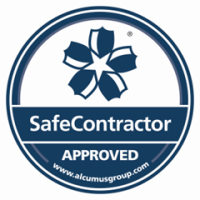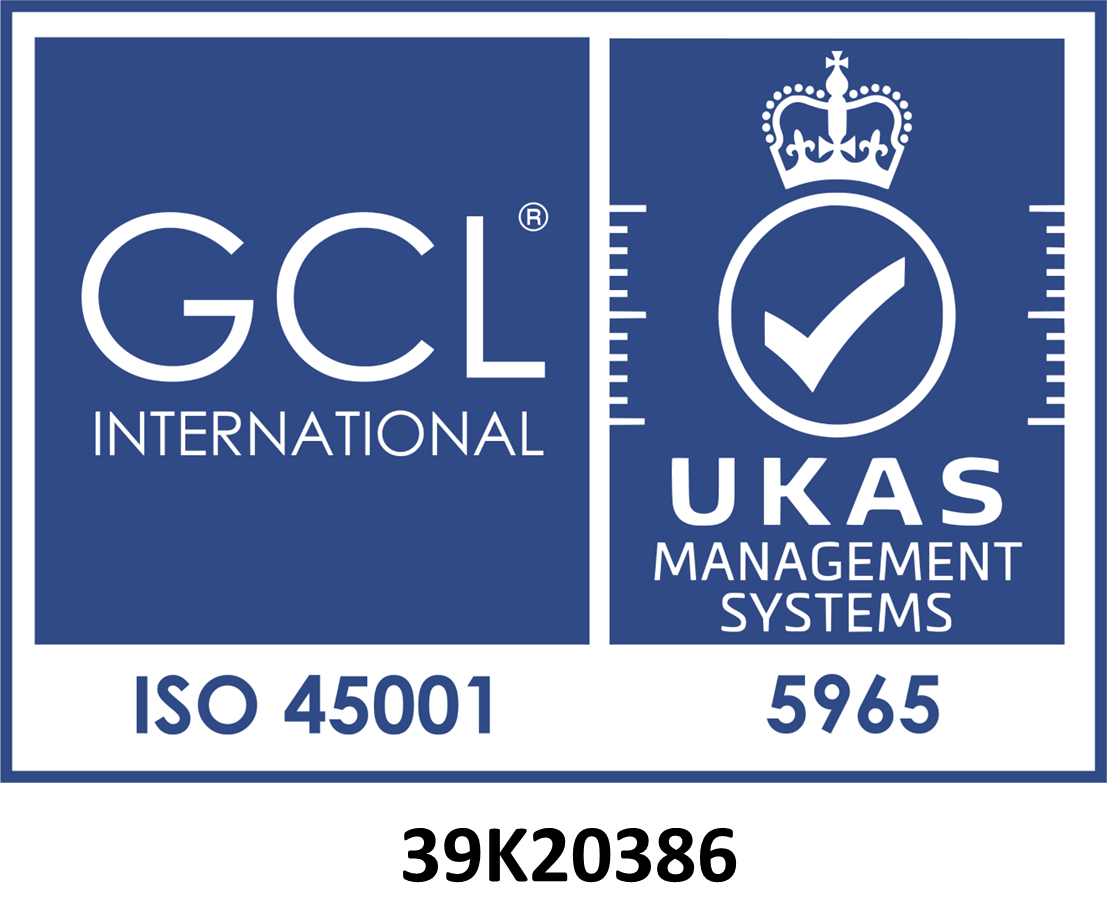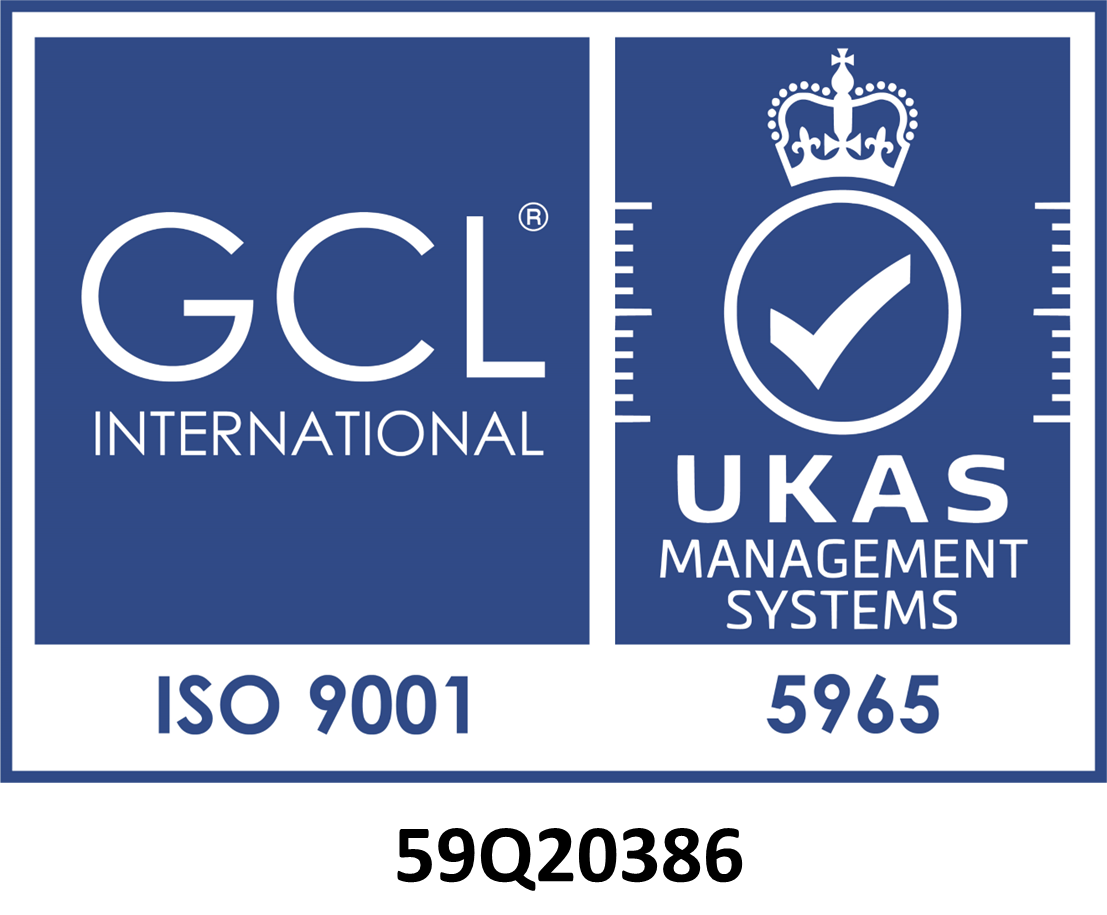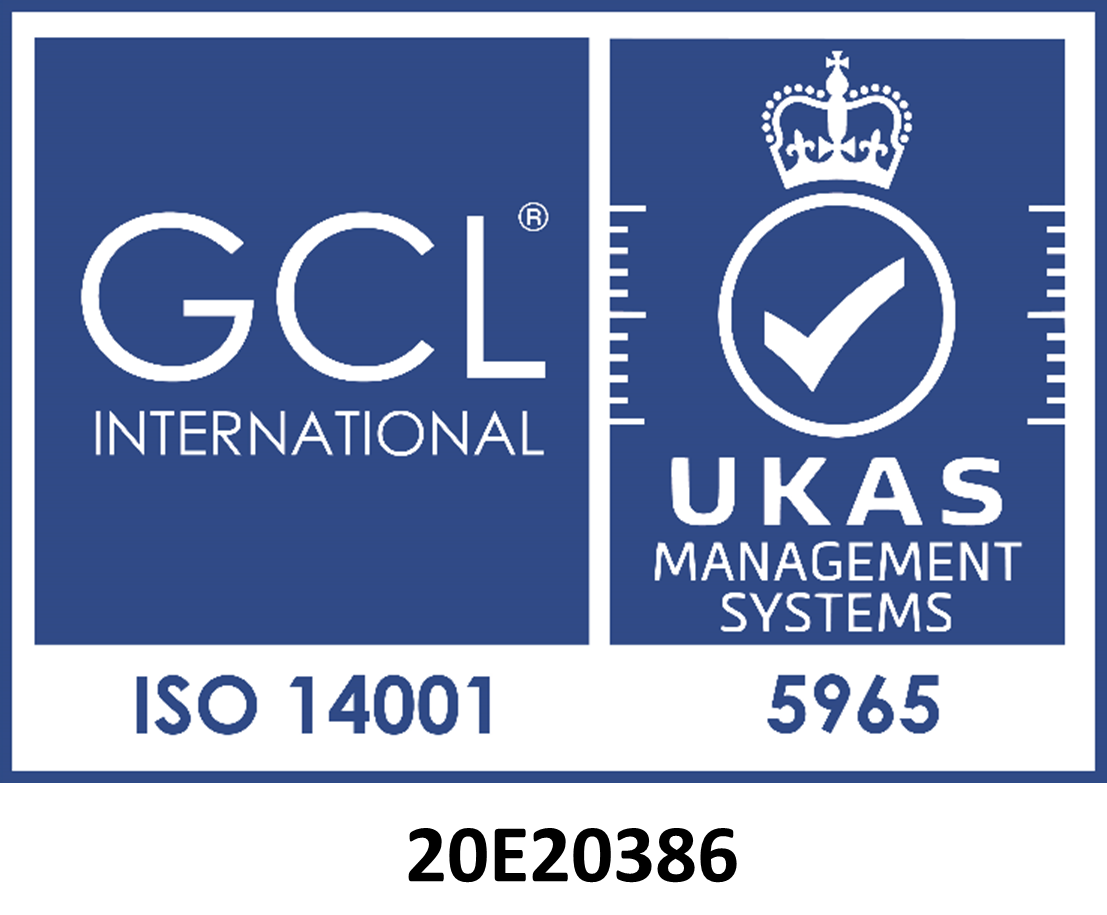Humans spend around nine-tenths of their lives indoors. If the quality of the air is poor either at home, at work, or elsewhere, then this is usually reflected in the health of the building’s users. Allergies, asthma, lung cancer and cardiovascular diseases have all been linked to a poor working environment in many different academic studies.
Here we look at some of the key locations where it is essential to keep the indoor air quality high. This could be either because of the nature of the work going on there, or the age or state of health of the users. We also look at how Tecomak Environmental Services’ IAQ testing procedures will help you avoid the problem.
Healthcare Settings
In hospital wards and operating theatres, and other healthcare locations, the need to keep the air quality high is essential. Patients are often very young or very old, or unwell, so their immune system may not be as strong as that of an adult.
This means they are more likely to either contract a new infection from any harmful bacteria which is present in the atmosphere, or to see their rate of recovery slowed down. Opening a window is rarely an option, as this can introduce harmful particulate matter from outside, particularly if there is a lot of vehicular traffic or heavy industry nearby.
Schools and Colleges
Students and staff could be more vulnerable to coughs and sneezes, headaches, and allergic reactions, if the quality of air inside the classroom is low. And in the case of younger pupils, their age will again make them more vulnerable to infections.
High levels of carbon dioxide are often associated with an inability to concentrate, and a low attention span usually leads to poor academic achievement – which is something neither the student nor the school wants.
In the case of science labs, the need to maintain a good quality of air is often heightened by experiments and processes which are being carried out. Often these generate chemical
Even if the school has effective local exhaust ventilation systems and other measures such as fume cupboards and biological safety cabinets in place, this can be compromised if the school has ill-fitting windows and doors or a leaky or crumbling roof.
Research Laboratories and Universities
While the users are typically older than in schools or further education colleges, and their immune systems better developed, poor indoor air quality in research laboratories and in university departments will still pose a health risk to staff and students.
This is mainly because volatile organic compounds (VOCs) and other hazardous substances are often an integral part of the research, so regular testing will ensure they are not present. Their presence could compromise the quality of the research – as could shutting down the facility to eradicate the problem.
Regulatory Compliance
There are strict regulations laid down by various official bodies in the UK regarding minimum air quality. If employers and business fail to adhere to these, then they could be face prosecution, fines and a lot of unwelcome publicity.
The Health and Safety Executive has laid down occupational and workplace exposure limits for employees and employers, to be used in conjunction with the Control of Substances Hazardous to Health regulations of 2002. The Government’s Building Bulletin 101 covers areas air quality, ventilation and thermal comfort in schools.
There are also new standards in place for air filters used in ventilation systems, aimed at reducing the risk of disease caused by particulate matter. All filters need to comply with EN ISO 16890.
IAQ Testing from Tecomak Environmental Services
Tecomak provides expert IAQ testing services, which will identify a range of contaminants that could potentially be present in your facility. We are highly experienced in this field and can also advise you on any measures which may need to be taken to raise the air quality.
Tecomak can also supply a range of other services for schools, colleges, health authorities and companies involved in scientific research. We can supply and install fume cupboards, microbiological safety cabinets and many different types of local exhaust ventilation systems which will protect the staff and pupils working in the classroom, lab or research facility.
If you would like to know more about any of our services, you can reach us by following this link and filling in the online form, or by calling us on 01732 852250.







